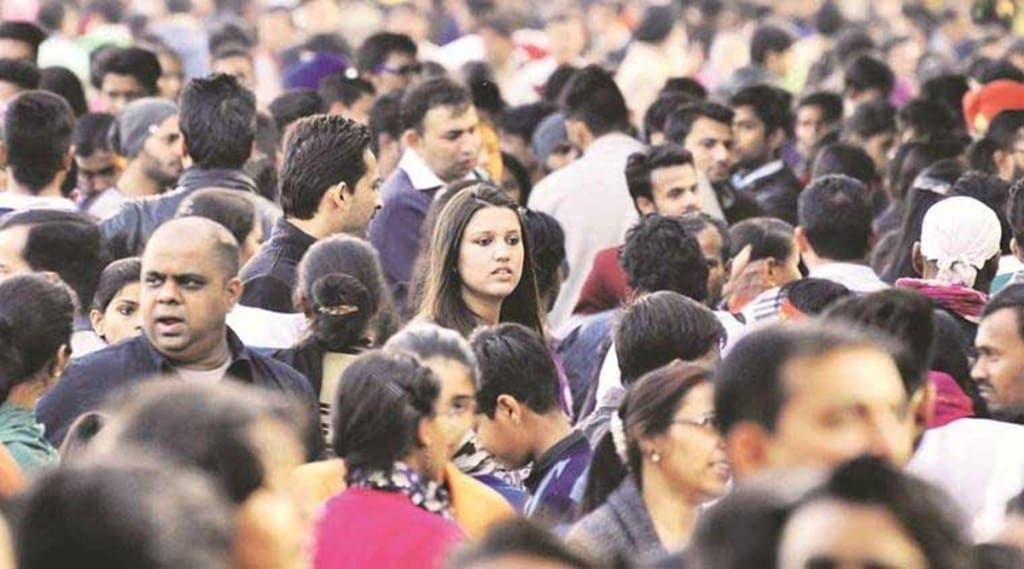Expressing the urgent need to implement anti-conversion laws across the country, Rashtriya Swayamsevak Sangh’s (RSS) general secretary Dattatreya Hosabale on Wednesday pointed out the religious conversion and an influx of migrants from border areas as the biggest factors behind “population imbalance,” reported The Indian Express. Hosabale was addressing the media on the last day of the four-day RSS all-India working committee meeting in Prayagraj.
Saying that religious conversion was the biggest threat to the country’s Hindu population, the senior RSS leader held that the “population of Hindus has decreased at many places in the country and the consequences of this have been witnessed too,” reported IE. Stating that the menace of population imbalance had led to the partition of India along religious lines, Hosabale said that migration from the border regions had led to a spurt in socio-economic clashes.
Also Read | Youth share in population to fall, elderly to rise by 2036
Citing population control measures taken in the recent past, the senior RSS leader pointed out the decline in the size of an average Indian family from 3.4 to 1.9 members, which he suggested was another reason behind the population imbalance.
“Because of this, there is a possibility of a rise in the population of the elderly in comparison to youngsters in future years. That is a matter of concern,” Hosabale said, stressing on the fact that the balance is essential to maintain India’s ‘demographic dividend’. He also talked about several programs like “Ghar Wapsi,” initiated by the Sangh Parivar, which looked at reclaiming the Hindu population by bringing back those who were converted to either Islam or Christianity, reported IE.
Also Read | Population and prosperity: Govt must focus on women’s education and health to control population growth
Hosabale also pointed to existing anti-conversion law in few states, including Uttar Pradesh and Karnataka, and said that people, who were converted, shouldn’t be allowed to reap the dividends of reservation. “Still, conversions are taking place. Laws (to prevent conversion) exist in various places and these laws should be enforced. Earlier, such laws were introduced in Himachal Pradesh, Arunachal Pradesh and Tamil Nadu,” Hosabale said, according to IE.

